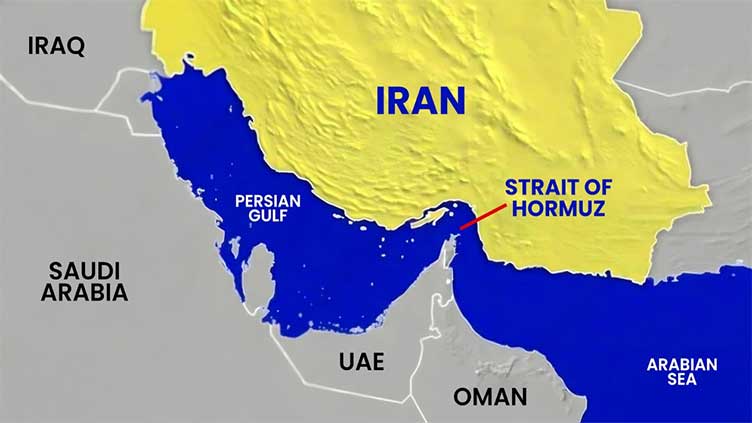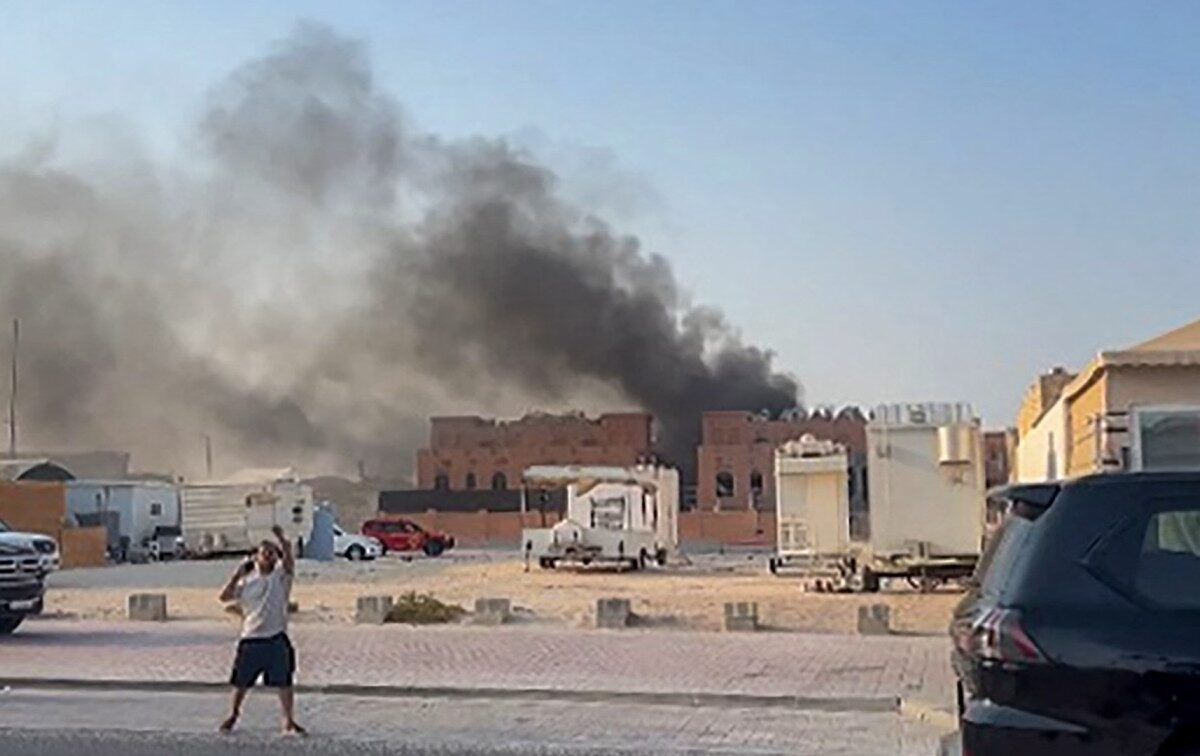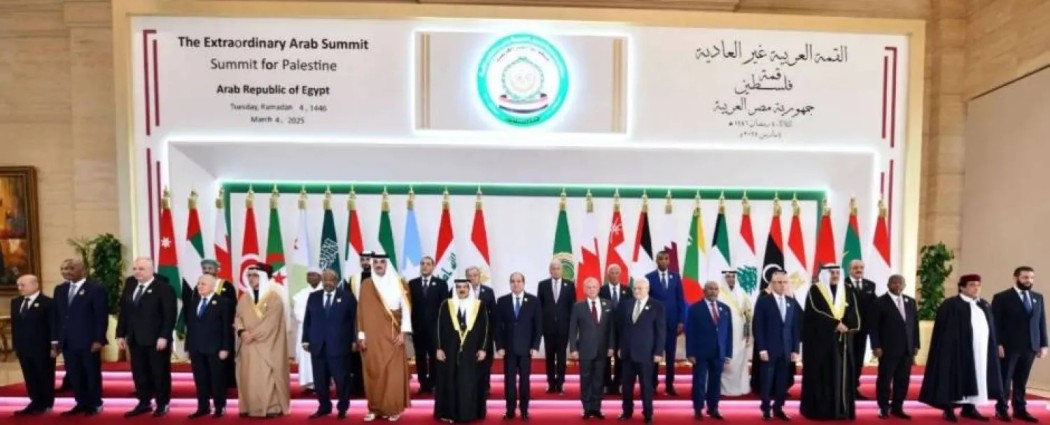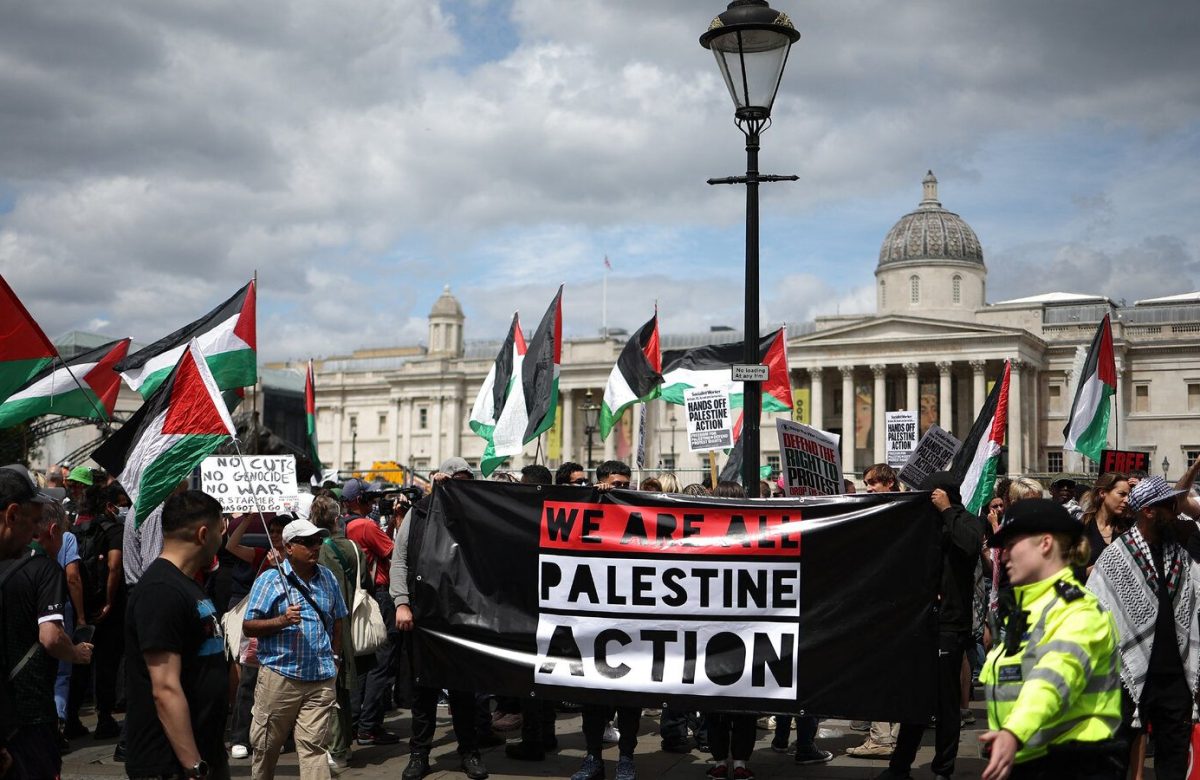
Iran’s Security Council to Review Strait of Hormuz Closure Following Parliament’s Authorization
- World News
- June 22, 2025
- No Comment
Report by “Safarti Tarjuman” International News Desk
TEHRAN — Iran’s Supreme National Security Council (SNSC) is set to deliberate the potential closure of the Strait of Hormuz following formal authorization granted by the Iranian Parliament amid heightened tensions with the United States and Israel.
Iranian lawmakers reportedly approved a motion allowing the SNSC to implement the closure of the vital waterway — through which nearly one-fifth of the world’s oil supply transits — in response to recent US-led strikes on Iran’s nuclear facilities and growing fears of a regional conflict escalation.
According to Iranian state media, the decision will now rest with the SNSC, the country’s highest body responsible for coordinating national security policies under the supervision of Supreme Leader Ayatollah Ali Khamenei.
The Strait of Hormuz, situated between the Persian Gulf and the Gulf of Oman, remains one of the world’s most critical chokepoints for global energy trade. Any disruption in its navigation could send oil prices soaring and spark severe economic consequences globally.
Tehran has frequently threatened to close the strait in the past, especially during periods of military or political standoff with the West. However, formal moves toward such a closure signal the gravity of the current confrontation, particularly following the unprecedented joint US-Israeli airstrikes on Iran’s key nuclear sites at Fordow, Natanz, and Isfahan.
World powers have expressed concern over Iran’s possible action. The United Nations, European Union, and key oil-importing nations have called for restraint to avoid disruption of international shipping lanes and energy markets.
The United States has issued strong warnings against any Iranian attempt to block the strait. US Navy forces remain present in the region and have been placed on heightened alert amid fears of maritime escalation.
If implemented, this would mark the most direct threat to global oil supply in years and potentially open a new front in the conflict between Iran and the US-led coalition.
Thank you for reading! For comprehensive news coverage and exclusive stories, visit SafartiTarjuman.com







